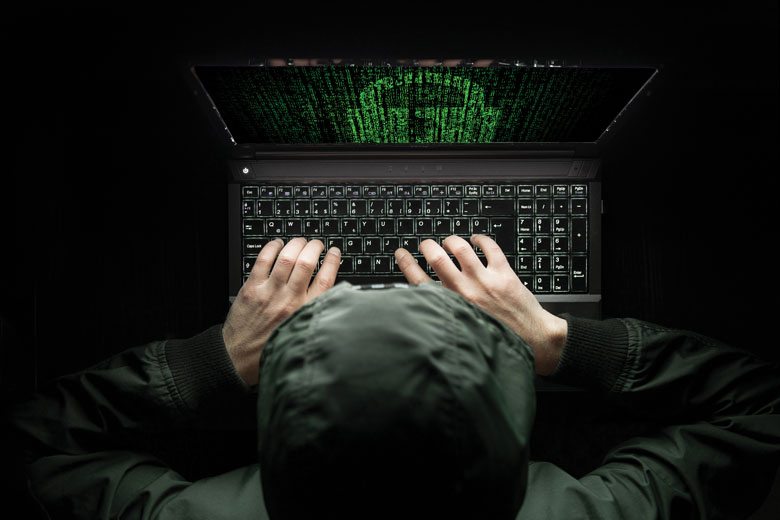

Telecoms authority releases basic guidelines for users
The UAE has been spared from the latest wave of ransomware attacks that affected thousands of computers globally starting on 27 June.
The Telecommunications Regulatory Authority (TRA) said on 28 June that there has not been any reported case of breach by the latest version of the Petya ransomware in the country.
The UAE and the broader Middle East region were also unaffected by the WannaCry ransomware, which attacked users in 150 countries last month.
The ransomware has hit 65 countries so far, including Ukraine, Russia, the US and the UK. Operations of various multinational firms such as Denmarks Maersk, the US-based Merck and law firm DLA Piper were among those to report a breach. Ukraines airport, banks and utility firms were worst hit by the cyber attack.
The TRA advised computer users to follow a number of guidelines including always keeping a back-up copy of files, avoiding opening links and files from an unknown source, using original anti-virus programmes, conducting regular software updates, and avoiding untrusted web sites.
The TRA also advised users to take extra caution since the virus constantly changes its signature.
Dubai also recently announced a cyber security strategy, which is being implemented by the Dubai Electronic Security Centre affiliated with the Dubai Police.
Abu Dhabi-based National Electronic Security Authority (NESA), a federal body, has also published cyber security guidelines that require compliance from government entities in vital sectors.
A ransomware works by encrypting files and making them unavailable until a ransom, which is $300 in bitcoin in the case of the latest Petya variant, is paid.
Experts have advised against paying the ransom, as it does not guarantee that the malware will not come back again and demand further ransom payment.
The virus needs to infect only one computer, usually one with unpatched software, to access domain administrative credentials and spread throughout an entire network.
Microsoft has said the initial infection of the latest variant of the Petya malware was traced back to a tax accounting software from a Ukrainian company called M.E.Doc.
Amit Serper, an employee of US-based Cybereason, has identified a method that acts as a vaccine for computers infected by the latest Petya malware. His method tricks the ransomware into thinking it is already operating on a machine. However, the method is considered a temporary workaround until a kill switch is found.
You might also like...

Iraq oil project reaches 70% completion
26 April 2024

Samana announces $272m Dubai Lake Views project
26 April 2024

Iraq signs deal to develop the Akkas gas field
25 April 2024

Emaar appoints beachfront project contractor
25 April 2024
A MEED Subscription...
Subscribe or upgrade your current MEED.com package to support your strategic planning with the MENA region’s best source of business information. Proceed to our online shop below to find out more about the features in each package.




